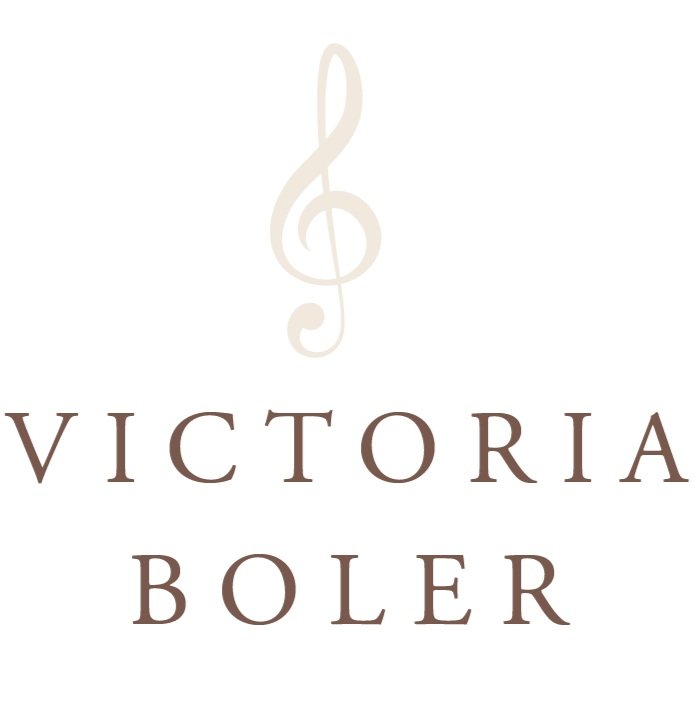Where to Start with Summer Planning
Listen on
Season 1 | Episode 65
Show Notes
…I did minimal preparation for the school year in the summer for years previous, which caused a lot of stress, so I wanted to start planning early on. I began prepping this week and find that I am overwhelmed with the amount of work to do! How would you recommend I use my time this summer?
As we dive into summer planning, let's explore some key questions to guide our process:
How are we doing?
Where are we coming from?
What do we want out of summer planning?
Are we just overwhelmed, or are we overwhelmed by our feeling of overwhelm?
Taking the time to reflect and answer these questions will help us make the most of our summer planning efforts. Let's delve into each question and discover practical ways to approach them.
How Are We Doing? - The Emotional Realities of Summer Planning
Before we begin, let's acknowledge the emotional aspect of summer planning. It's natural to feel overwhelmed, stressed, or rushed when embarking on a significant project like preparing for the upcoming year.
We may experience a mix of emotions, including apathy, indifference, or boredom, alongside our feelings of overwhelm. We might also feel excited and energized!
The tone we set for this conversation will change our experience.
Where are we coming from?
Deep Breath: Reviewing Last Year
There are plenty of things from last year that deserve a “stop and smell the roses” moment.
In this blog post we looked at four categories:
Pedagogy
Classroom Management
Concerts and Sharing
“other”
Nurturing Hopes and Dreams
Reflecting on our aspirations for the coming year is an exciting part of the planning process. Focusing on a few impactful objectives rather than overwhelming ourselves with multiple goals can lead to more meaningful progress.
What do we want?
What would make us feel prepared and fulfilled at the beginning of the year? Many of us said things like:
Experiences:
I take a break first! Rest and enjoy the family, clear the mind, getting ready for the new year ahead of us!
The “win” would be feeling more prepared for fall to allow me to further prioritize my family
Simplifying my plans and not trying to do everything for next year
If it didn’t take long
I had a local planning buddy or think tank
I knew where to start
Curriculum & Organization:
If I had my assessment planned using backward design
An organization tool to lay out the whole years plans and units
I had rep and roadmap for our first concert, and from day 1 to the first long weekend (october) set
Some flexible “bones” and a few really finished out decisions for big events. Like getting as much done for the big performances (stressors) as possible
I had some ideas for my concerts and I knew where to start (curriculum wise) in the fall
I had a long-range plan mapped out with concepts and my chosen songs and activities
The ideas are not the problem, designing the framework of how to organize those ideas is
Outline of monthly songs / goals
Small-level details
My goal has been making powerpoints for songs so I stop remaking the same slideshow
I’ve organized my songs and resources digitally and physically! Helps with lesson planning so much!
This piece right here is in my mind the most important step. Most of us already know what we want - we want things like flexible bones, repertoire and a road map, long-range plans, a framework for organizing ideas, we want outlines, we want to make the important decisions for stressors….
Defining what we want out of planning will keep us focused as we get into the weeds.
Long-Range Plans: Scope & Sequence
A scope and sequence document serves as a time budget, aligning our goals with the constraints of the school year. By mapping out significant events, breaks, and expected disruptions, we create a framework for the year. We can estimate the number of lessons per month, accounting for potential adjustments and breathing room. This document offers structure, allowing us to envision the flow of our teaching content throughout the year.
Long-Range Plans: Concepts & Songs List
In an active music room, our repertoire plays a pivotal role. Creating a concepts and songs list is an exciting step that grounds our teaching experiences. This list will guide our teaching content and foster creativity.
First Day of School
These plans are informed by the larger direction of the year. Building routines and repertoire experiences can help set us up for future learning interactions.
Feeling Overwhelmed vs Feeling Overwhelmed by Overwhelm.
We’ve talked about the emotional side of planning. We’ve talked about a deep breath, and thinking about where we’re coming from. We’ve talked about what we want out of summer planning. We’ve talked about two documents that can be helpful as we map out the year, and we’ve touched on the first day of school.
A few things to remember as we move forward:
As we sit down to plan over the summer, more information isn’t always necessarily better. Sometimes this can leave us feeling more stuck than when we started.
One feeling can be interpreted through multiple stories. It’s normal to feel overwhelmed. Hope fully we can feel overwhelmed without being immobilized - overwhelmed - by that feeling of overwhelm.
Before next week, I’d love to hear if any of this rings true for you. Until then, I hope you have a restful week, or at least moments of rest within the week.

